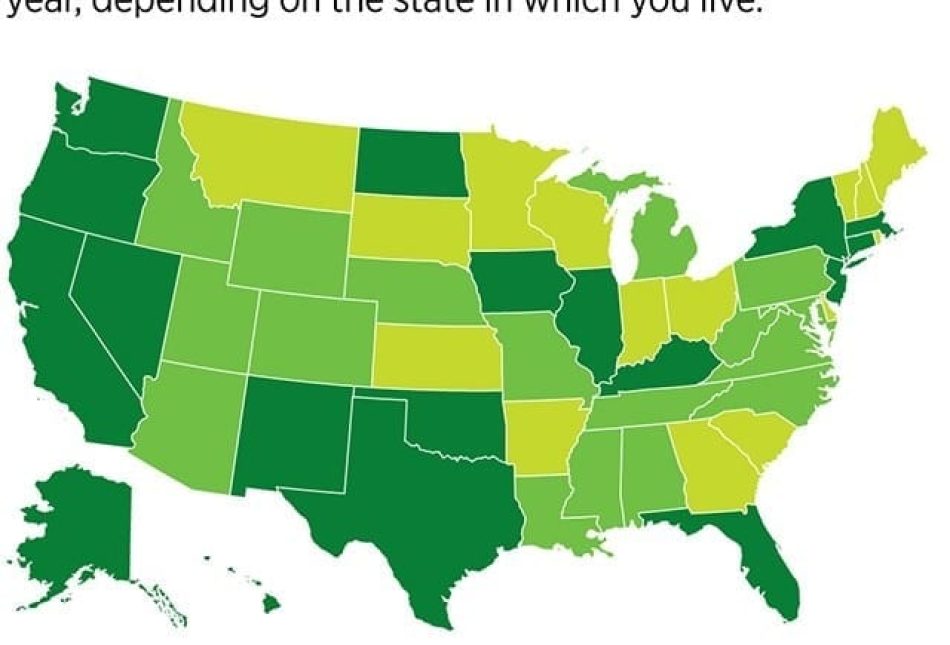We shouldn’t need government permission to work

![]()
The approximately 250,000 workers in New Mexico who are directly impacted by the regulations and fees of the state’s licensing boards aren’t just barbers, construction workers, designers and massage therapists. Some are single moms, or single dads. Others are spouses of those who serve our country. Many are minorities. All are average, everyday working private citizens who must pay the government for permission to make a living in their chosen profession.
Governor Martinez’ recent executive order requiring the review of the regulations and fees by the state’s 35 licensing boards has the potential to make life significantly easier, not just for these 250,000, but for their families and those who cannot afford the time and expense to comply.
The order adds New Mexico to a growing bipartisan movement to reduce burdensome licensing, which was even embraced by the Obama administration. In 2016 the White House issued a report on the negative impact of licensing requirements, noting the particularly adverse effects on middle and lower-income professions.
Today nearly 30% of American workers need occupational licenses from the government to do their jobs. Though once limited to jobs that directly impacted the physical health and safety of consumers, occupational licensing has grown from less than 5% of workers in the 1950s to nearly 30% today, when you take into account federal licensing requirements.
In New Mexico, 26% of all workers need licenses before they can work. That makes licensing the biggest labor institution in New Mexico. According to the Institute for Justice and the Mercatus Center, New Mexico ranks ninth worst in the nation for burdensome regulations and fees, requiring them for 66 out of 102 lower income professions. These include: barber, drywall installation contractor, door repair contractor, makeup artist, manicurist, milk sampler, non-instructional teaching assistant, packer, pest control applicator, shampooer, sign language interpreter and unarmed security guard, among others. Average fees are $266 with two exams required and an average of 520 calendar days of lost wages and productivity. New Mexico is one of only 12 states that licenses bar tenders, six that license packers, and one of only two that license dietetic technicians.
Occupational licensing reduces and restricts opportunities for workers. Onerous requirements and fees create barriers to employment, increase prices for everyone (1,013 per family each year in New Mexico), and disproportionately affect low and middle income families and minorities. As an example, black and Hispanic interior designers are 30 percent less likely to hold a college degree compared to those who are white. Licensing requirements that require a college degree exclude minorities from this profession.
But the negative impact also hits the state by increasing criminal recidivism, inhibiting the growth of tax revenue and jobs (5,000 per year). This is especially damaging to New Mexico, which repeatedly gets passed over by companies looking for conducive environments to build or expand, and which has consistently ranked for decades as one of the worst in the nation for poverty and lack of economic opportunity by various organizations.
By requiring that the state’s Regulations and Licensing Department review its requirements and fees, compare them to those in more economically prosperous states, and justify the ones the department believes are needed, Gov. Martinez has taken a significant step toward expanding economic opportunity in New Mexico. This will not only increase prosperity for military spouses and those with criminal histories looking for legitimate work, but for all of New Mexico’s families.
There are better ways to protect consumers than with burdensome and unnecessary licensing requirements. Market competition, registration, bonding and insurance, and private certification programs are just a few of these.
The state should follow in the footsteps of Colorado and Vermont by adopting the least restrictive type of regulations, and not get involved in the professions of private workers unless there is clear evidence of substantial harm.
New Mexico workers do not need their ability to earn a living to be micromanaged by the state.
Paige McKenzie is a Policy Analyst with New Mexico’s Rio Grande Foundation. The Rio Grande Foundation is an independent, non-partisan, tax-exempt research and educational organization dedicated to promoting prosperity for New Mexico based on principles of limited government, economic freedom and individual responsibility.
